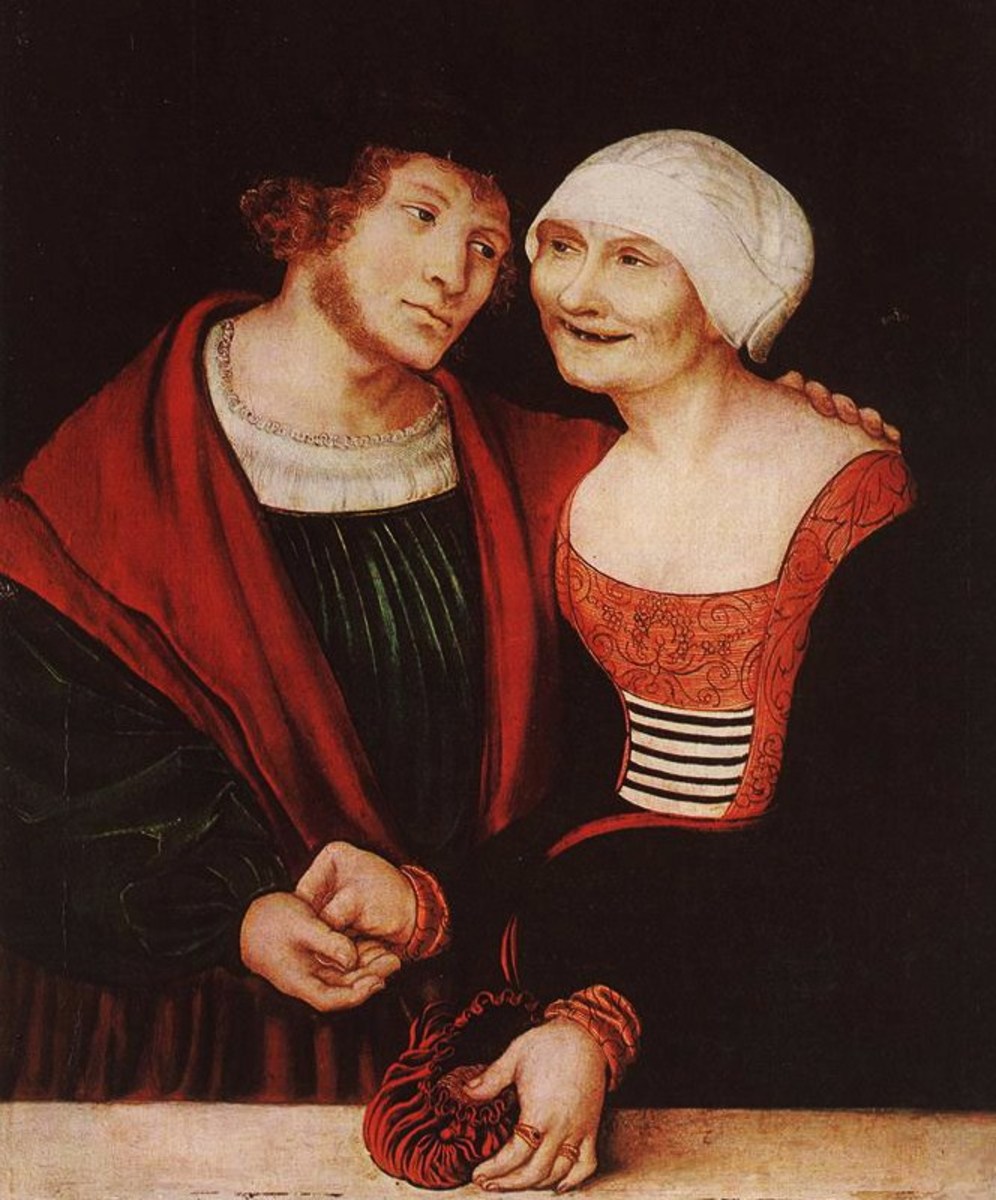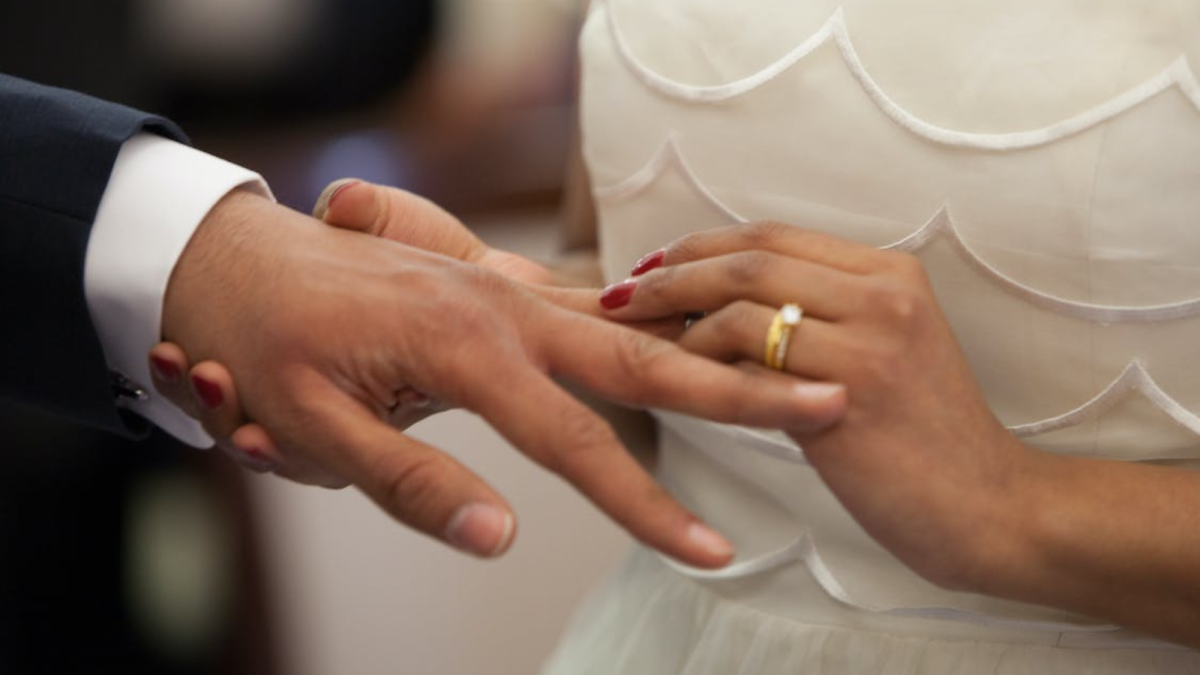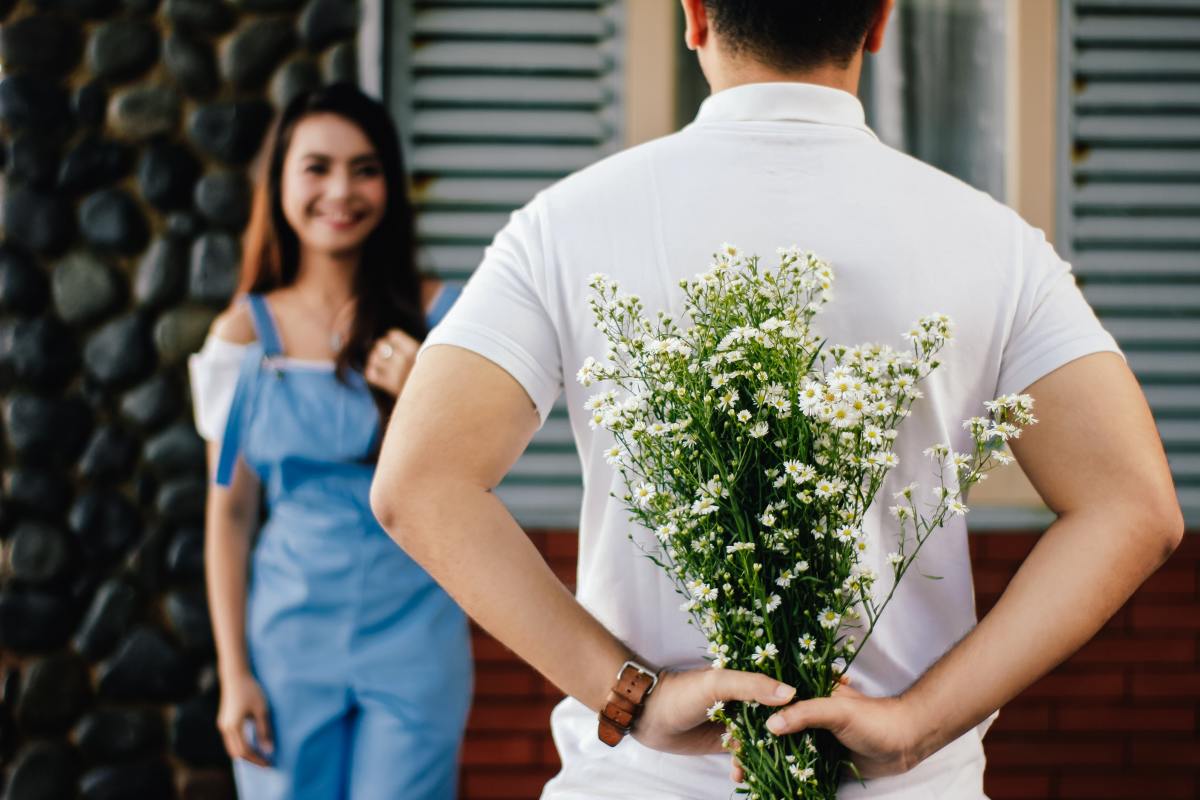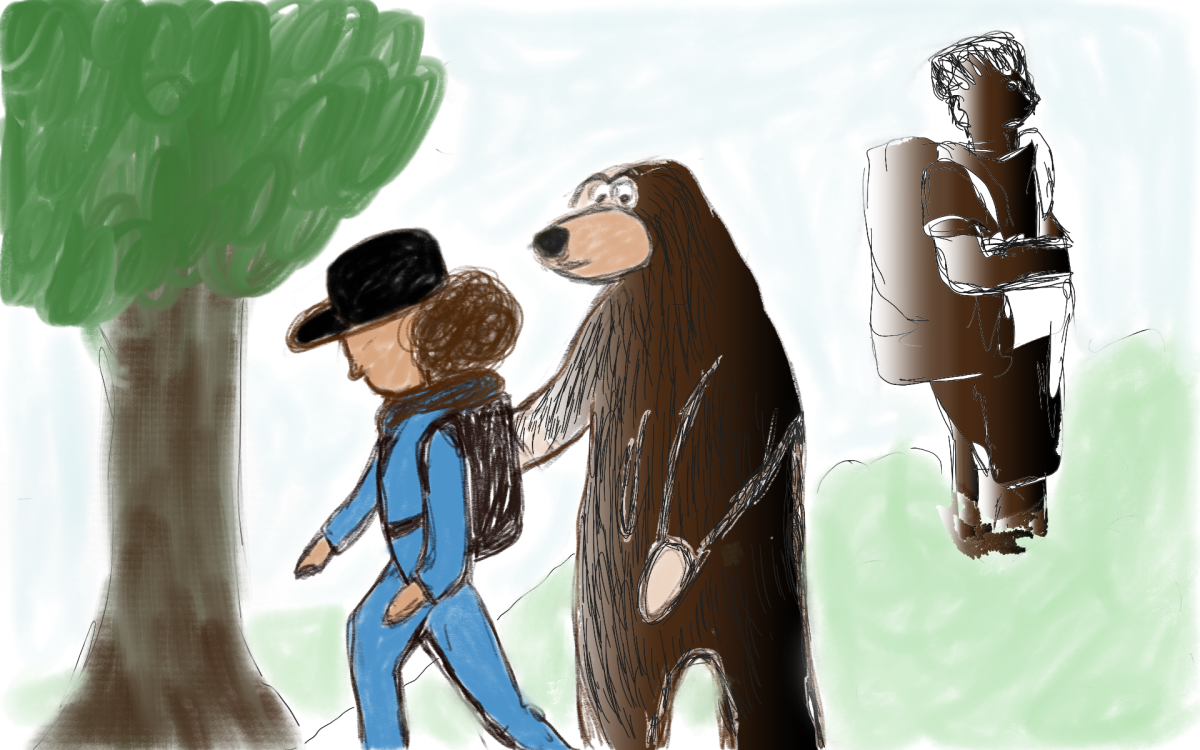Women Are Not Objects: Daily Experiences of a Woman

Seven months ago, I wrote an article titled "The Objectification of Women" to explain how society has objectified the female form. I wanted to make the argument known that myself and countless other women do not enjoy the majority of comments we receive from men. Let me emphasize that: Most women do not enjoy comments made about our bodies by total strangers on the street, at work, at the store, online, and so on. It does not boost our ego. It pisses us off and frightens us.
"10 Hours of Walking in NYC as a Woman"
In the summer of 2014, Rob Bliss Creative had a woman walk the streets of New York City with a hidden camera to show just how frequently women are bombarded with inappropriate comments by strangers. He called the project "10 Hours of Walking in NYC as a Woman." At no point does the woman respond nor initiate a comment from the men. When she doesn't respond to the catcalling, some men ask why she hasn't thanked them. The mindset of these men is far too common, but this project demonstrates how typical this behavior is as well as the fact women are neither "asking" for it nor "enjoying" it.
Have you been made uncomfortable by strangers' comments on your appearance?
My Experiences
In my own life, at work, I experience different types of objectification. Men ask me to smile when I'm not, I feel their eyes on me and I wonder if they are staring when I turn my back, I notice how they lean over the counter, forcing me to lean back while trying to use the computer, like it wouldn't phase them if someone did the same to them while they are at their office job.
In fact, I can't count how many men have cracked sexist jokes just because I asked for their phone number, as it's part of my job: "Oh, you pretty girls are always trying to get handsome men's numbers!" Yes, I was actually told this. I wish I could have responded, "No, dude. First, no little girls work here. Last I checked, you have to be a teenager, which makes you past the age of puberty which makes us women. Second, we don't think you're handsome men. Third, it's just part of our job, and if we were men, you wouldn't be making this joke. So, please stop being a sexist creep. Thanks!"
I receive messages on social networking sites which are sexual in nature on a regular basis. I am one of countless women who have to include a disclaimer on profiles, asking not to be messaged for sex. Once, I received a message that said, "u got amazing hot pics." Not only is the spelling and grammar that of a teenager, even though this guy was at least twenty years old, but this was unprovoked. So, I wrote back, "You poor bastard. You have no idea how to talk to women, do you?" I tried to take the opportunity to enlighten him about how women are rarely flattered by catcalling. To no surprise, it never sunk in. He attempted to explain his comment was because he found me "interesting." I would like to know how calling someone "hot" translates to "interesting."
"Yes, I found that documentary about African children to be hot. No, not because it was in Africa, but because it was interesting. Hot means interesting, didn't you know?"
Lily Myers
This social behavior doesn't end with male strangers leaning over the counter at my work. It's on subways, and everywhere else both genders can be found. Men are raised to think of their own needs while women are raised to take up as little space as possible to make room for the men.
Lily Myers wrote and performed a poem about this gender phenomenon, and what it does to the women affected by it, including herself. She points out how women are taught insecurity is a virtue while men are taught vanity is a way of life. She uses diet as the central theme of her message; how women starve themselves while men grow bigger from filling themselves. Furthermore, every aspect of a woman's life has apology alongside it while every aspect of a man's life has self-indulgence.
This goes a step further because while it may not seem directly like objectification, it's in the same neighborhood. Women are not being treated like people if their needs are being reduced to catering to the needs of men. The man wants something, so the woman is used for pleasing him in whatever way that may be. She becomes the tool that satisfies him.
Why it's a Big Deal
To most men, the women against catcalling may appear like some conceited bitches. That was certainly the findings in the project by Callie Beusman who interviewed a man who catcalled her, and used it as the central focus of her article "Woman Confronts Catcallers and Secretly Films Their Reactions." In reality, the consequences of standing up to catcalling can be deadly. Reports show male harassers often become violent when the woman confronts them. It can be anywhere from name-calling to physical action for not "appreciating" what they they think they did for that woman or not doing what they were asked, such as smiling. For a look at examples of real-life violent responses, please read the article "When Street Harassment Is More Deadly Than Catcalls" by Holly Kearl.
In addition, CNN did a segment on the "10 Hours of Walking in NYC as a Woman," and it involved quite a lot of debate. Amanda Seales (comedian) and Steve Santagati (author) talk about the video with two entirely different viewpoints. Seales expresses the view of most if not all women—that catcalling is not appreciated, and is in fact terrifying. Santagati, on the other hand, enforces the idea that women should take it as a compliment, offending and dismissing the reality of what is really taking place when men treat women like objects rather than like fellow people.
"No, this is not complimentary, which is funny because I think that guys think that by letting you know that they would be interested in sleeping with you that [it's] a compliment, and really it's just objectifying me when I am trying to walk in my daily life." - Seales

What Now?
I wish I could include a solution for all of the women being harassed, but I don't have one. Should you stand up for yourself? Whenever you can do so, I encourage you to. Would I suggest doing it in person? Not really because you don't know how dangerous that person could be. The best advice is to alert the authorities, but some will not take it seriously because not everyone understands it is a form of violence against women. Yes, this is the world we live in. The very least I can do is ask the men like this who are reading this article to change their minds, but chances are they won't because they still think these comments are compliments. So, please enjoy this awesome Laci Green video!
© 2015 social thoughts








